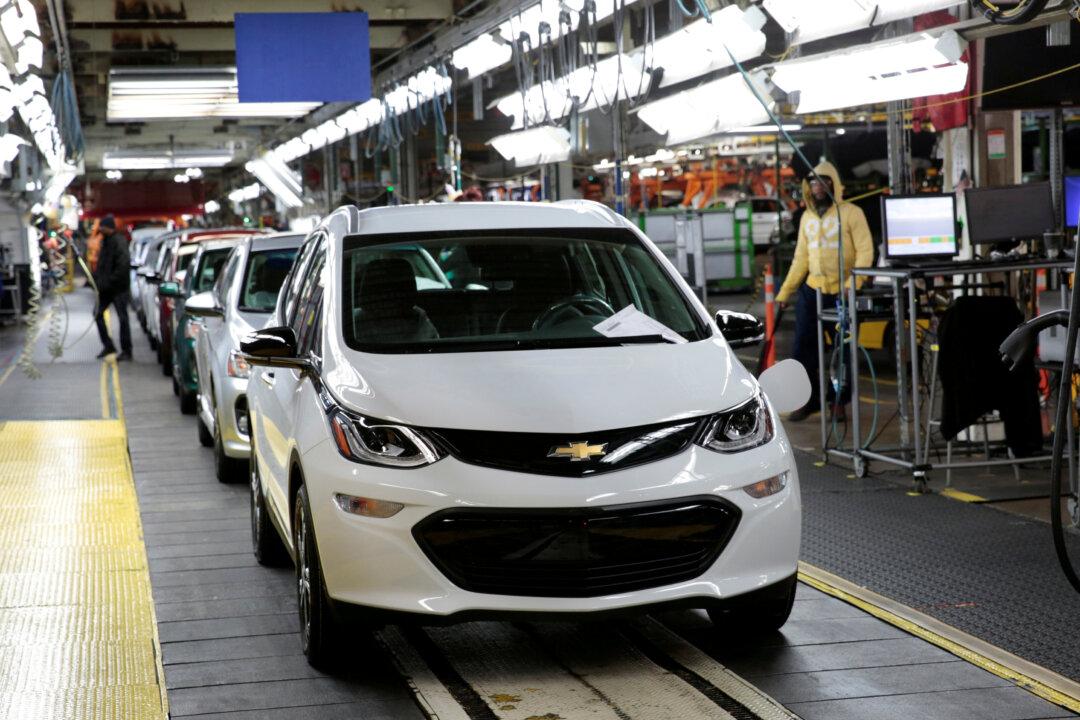The U.S. Department of Energy (DOE) announced on Monday the closing of a $2.5 billion loan to Ultium Cells LLC, a joint venture between General Motors and South Korea’s LG Energy Solution, aimed at financing the construction of three new lithium-ion battery cell factories.
In a statement, the DOE said the loan will reinforce the “Biden-Harris Administration’s commitment to strengthening American manufacturing and our domestic supply chains.”




